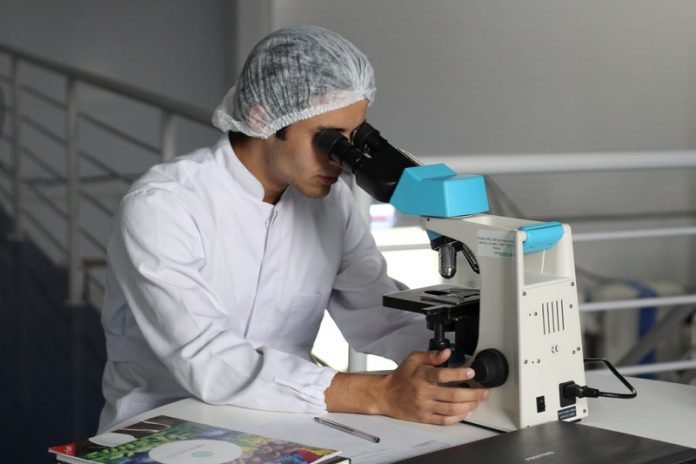
In a new study, researchers have developed more effective treatments for late-stage ovarian cancer and pancreatic cancer.
The research was conducted by a team from the Houston Methodist and The University of Texas MD Anderson Cancer Center.
Known as two of the most lethal cancers, ovarian and pancreatic cancer are often called silent killers since they rarely have early symptoms.
As a result, they frequently go undetected until they’re too late to effectively treat.
It is very important to find more effective treatments for these two cancers.
In the study, the team reported that they found a new type of immunotherapy to fight against these two deadly cancers.
They developed a monoclonal antibody to block the action of a protein secreted by the cells surrounding and supporting tumors in ovarian and pancreatic cancers, called MFAP5.
This protein is found at high levels in patients with both these cancers and linked to decreased survival rates.
The team found blocking MFAP5 enhances the effectiveness of chemotherapy treatments and suppresses tumor growth in ovarian and pancreatic cancers.
They explain that this new immunotherapy drug targets supporting cells surrounding a tumor rather than just the tumor cells alone.
Blocking the protein can prevent new blood vessels and excess tissue from forming within the microenvironment, thereby cutting off the tumor’s blood supply and support.
Now the researchers are designing and generating a humanized anti-MFAP5 drug for further development as a therapy to treat ovarian and pancreatic cancers.
They expect to have it ready by the end of the year for efficacy and toxicity testing, followed by a Phase I clinical trial in the following year.
The lead authors of the study are Stephen T.C. Wong, Ph.D., from Houston Methodist Cancer Center and Samuel Mok, Ph.D., from The University of Texas MD Anderson Cancer Center.
The study is published in the journal Clinical Cancer Research.
Copyright © 2019 Knowridge Science Report. All rights reserved.



